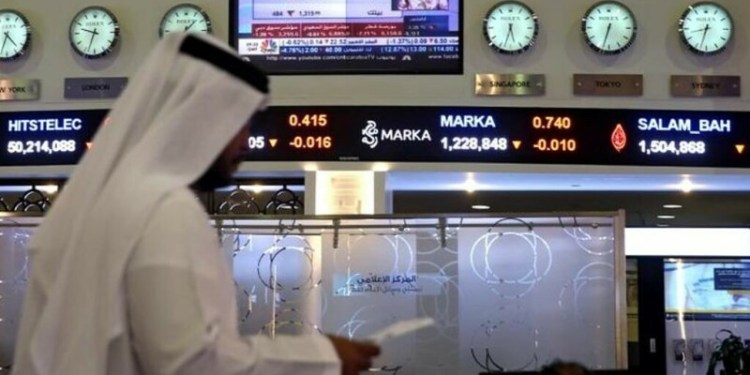(Bloomberg) — The U.S. still plans to raise tariffs on Chinese imports in January with President Donald Trump and China’s Xi Jinping likely at best to agree to a “framework” for further talks to resolve trade tensions at an upcoming meeting, Commerce Secretary Wilbur Ross said.
The U.S. and China are now discussing the agenda for the two leaders’ meeting on the sidelines of the Nov. 30-Dec. 1 Group of 20 summit in Buenos Aires and what a realistic outcome could be. When asked about a report that China this week had presented a list of possible concessions ahead of the talks, Ross said in an interview Thursday that everything leading up to the meeting is just “preparatory.”
“The big event is going to be the one-on-one meeting with President Trump and President Xi at the G-20 down in Argentina. All this other stuff is just preparatory until that. That’ll set if there is going to be a real framework,” he said at the ribbon cutting for Cheniere Energy Inc.’s new liquefied export terminal in Corpus Christi, Texas.
It can’t be expected that the two presidents will “get into intimate details — how much LNG and how much this and that. It’s going to be big picture, but if it goes well, it’ll set the framework for going forward,” Ross said. “We certainly won’t have a full formal deal by January. Impossible.”
Ross said that the U.S. is still planning on Jan. 1 to increase tariffs to 25 percent on some $200 billion in goods from China that became subject to a 10 percent import tax in September.
Trump Demands
The U.S. has a long list of demands with 142 items, which will take some time to discuss “let alone to resolve them and let alone to put them on paper,” the secretary said.
Ross’s comments are a sign of what appears to be a growing appetite in the Trump administration to reach a deal with China to bring an end to the escalation of tit-for-tat tariffs that have unnerved investors and companies around the world. But they also were an acknowledgment of just how hard securing a deal will be.
People familiar with the discussions say the list of potential concessions presented by Chinese negotiators this week didn’t include any major new offers or pledges for action on broader U.S. concerns over Beijing’s industrial policy.
He said, though, that he remained confident that a deal would eventually be made, though big questions remain about when that would happen.
Vote Impact
Ross played down the impact of the midterm congressional elections on the discussions with China and the upcoming 2020 campaign, saying America’s domestic political calendar would not “drive the talks.”
“What’ll drive the talks is when two countries feel like they’re ready to do it, and I think getting the midterms out of the way is very useful. And it’s logical for the Chinese to want to see the end result.”
China has also proved that it’s aware of its own commercial self-interest and the impact its own retaliatory measures were having on it, Ross said, pointing to Beijing’s decision to reduce a 25 percent retaliatory tariff on U.S. LNG to 10 percent.
“China needs LNG. The demand for it is insatiable. In fact, demand everywhere is getting to be insatiable,” he said. “China isn’t going to do anything that isn’t in its own self-interest.”
Fusion Media or anyone involved with Fusion Media will not accept any liability for loss or damage as a result of reliance on the information including data, quotes, charts and buy/sell signals contained within this website. Please be fully informed regarding the risks and costs associated with trading the financial markets, it is one of the riskiest investment forms possible.
Source: Investing.com


























